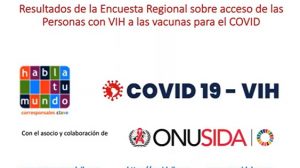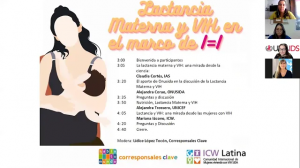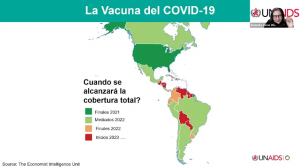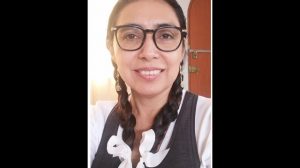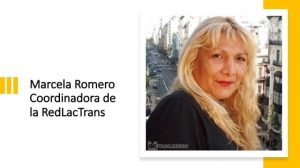With a short time left to submit UNGASS 2010 reports, experts at the Central American Congress on HIV (CONCASIDA) discussed the progress and challenges facing the HIV/AIDS epidemic.
Alberto Stella, UNAIDS Regional Coordinator, said: «Even if the HIV vaccine was developed, this would not be the solution. What we need is government commitment to guarantee Human Rights.”
In 2001, 189 states committed to guarantee assistance and response to HIV, with the aim to reduce considerably the advance of HIV/AIDS in the world in the following 5 years.
What’s happening in your country?
Although states sign up to the commitment, there is also a responsibility for civil society to contribute to progress and monitor if countries are contributing to the reduction of the epidemic.
During CONCASIDA 2010, and just three weeks before each country submits its report, USAID Projects Officer Lucrecia Castillo said: «There are vacuums of multisectoral representation, so organisations must actively participate and watch over their proposals are included in the implementation plans.»
Another important issue is the use of resources, since many activities don’t contribute to to the reduction of the epidemic. The value of these activities may not be reflected in these specific indicators.
So what’s going on?
Civil society must demand the fulfilment of commitments. It is important to stress that it does not mean to take on the state’s responsibility but to support and accompany its response.
Citizen watchdog is also necessary by civil society getting involved, monitoring, and asking for accountability. HIV is a matter of public health that affects the whole of society.
Alberto Stella pointed out that the two main challenges are prevention and assistance, and ended with a quote of Master Gandhi ‘We must become the change we want to see in the world’.
By Kenia Regina Sanchez Vado
San Jose, Costa Rica – 3 March 2010.





